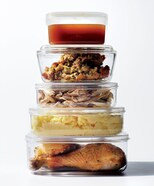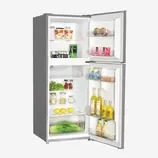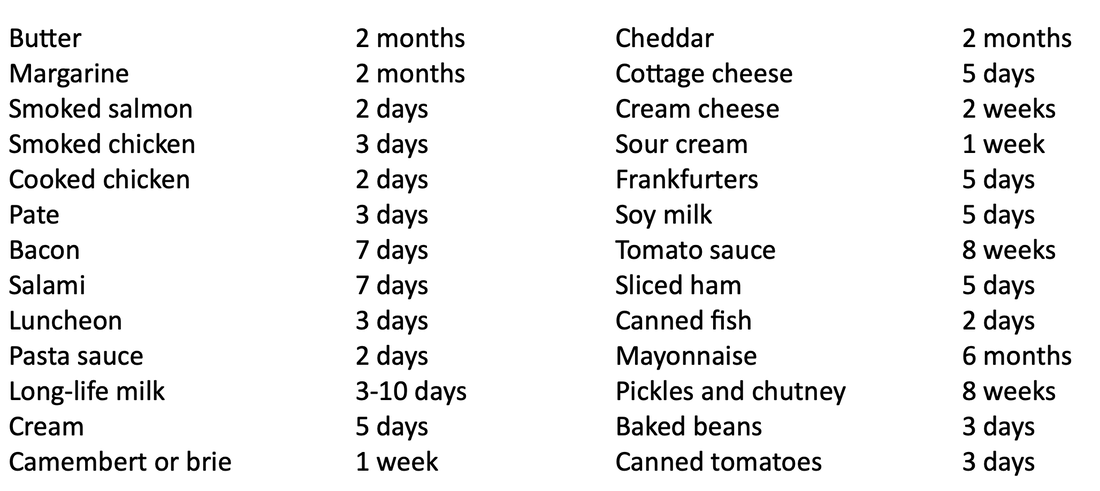|
Use it or lose it  Did you know the use-by date on food isn’t valid once you’ve opened the packet? Belinda Allan takes a look at the food dating game and offers advice on how to keep your family safe from food-bourne illness. According to a survey funded by the New Zealand Food Safety Authority (NZFSA), people are more worried about food poisoning than any other food related issue, and not without reason. Every year, there are an estimated 119,000 cases of food-bourne illness. Up to 40 percent of those are believed to be caused by unsafe food handling practices in the home. Taking notice of ‘use-by’ and ‘best-before’ dates is one way you can reduce your risk. Most packaged foods with a shelf life of less than two years must have one of these labels. There are some exceptions. Bread, for example, can have a ‘baked on’ date. The ‘use-by’ date is about food safety. It is determined by the time required for pathogens in food to grow to levels above which illness might occur. Providing the food is stored correctly and isn’t opened, it should be safe to eat until its use-by date. After the use-by date, a food can’t legally be sold and shouldn’t be eaten. Use-by dates usually appear on perishable food like meat, poultry and deli products.  ‘Best-before’ dates are about food quality. Foods can be sold after their best-before dates provided they are fit for consumption. However, they may have lost quality and some nutritional value. You’ll find best-before dates on less perishable foods, such as cereals, flour and canned goods. It sounds simple but the reality can be confusing. Once you’ve opened the packaging, the shelf life is the same as if the product was unpackaged. For example, a packet of vaccuum-packed smoked salmon may have a use-by date that is one month away, but once you’ve opened it, you should keep the salmon in the fridge and eat it within two days. Food manufacturers have to provide directions for use and storage on the packaging to ensure the food will keep until the date shown. This should include information about how quickly the food should be eaten after it is opened. We checked out the deli section of the supermarket and found that most manufacturers complied. But some provided no instructions on what to do once you’ve opened the pack. Our Advice
How long should you keep it for? According to Dr Greg Simmons, from the Foodsafe Partnership, how long it is safe to keep a particular food depends on many factors: its water and protein content, its freshness pathogens likely to grow on the food, and your immune status. Also, use-by dates should be treated with caution if you are pregnant or have lowered immunity due to illness or medical treatment. Always take note of the use-by date and storage instructions if there are any. As a general guide, here’s how long you can keep food in your fridge once the packaging is opened. For safe food chill out!
Consumer 438 July 2004 Comments are closed.
|
AuthorShonagh O'Hagan Archives
July 2024
|


 RSS Feed
RSS Feed